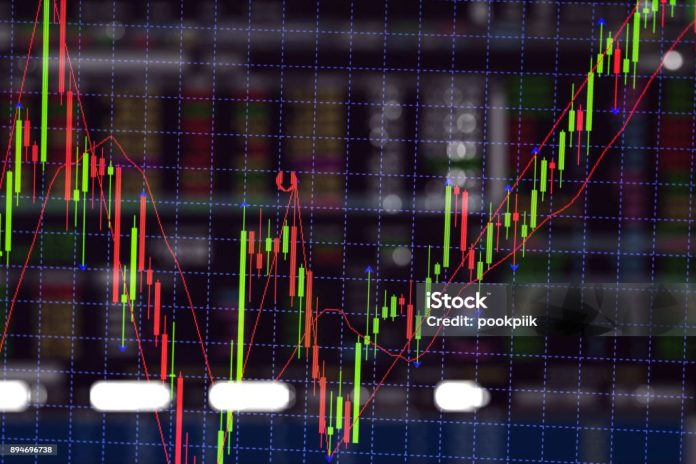As a trader, it’s critical to understand how the different types of spread work. In the forex market, a spread is the difference between the bid (buy) and ask (sell) prices. These prices are calculated in pips.
Spreads influence the way brokers manage their businesses and the offers they make to their clients. The size of a spread has a significant impact on your profitability as a trader. In this article, we’ll explain what fixed and floating spreads are. We’ll also look at the pros and cons of each of them.
Fixed Spreads
A fixed spread is the difference between Ask and Bid prices set by the broker. As the name suggests, a fixed spread remains the same regardless of price changes. However, it may be changed temporarily during high volatility periods. This change involves it being transferred to a new fixed spread level. It’s changed back to its general level when the market goes back to its normal conditions.
Floating Spreads
Floating spreads are forex spreads that constantly change value over time. They’re the difference between ask and bid prices, which fluctuate depending on market volatility and available liquidity.
Pros and Cons of Fixed Spreads
We’ve explained what fixed spreads are. So, what are the pros and cons of choosing fixed spreads as a trader?
Pros
- Transparency: Traders always know the commission size to pay in advance. This helps in risk management and eliminates the uncertainty that comes with floating spreads.
- Cost-efficiency: Fixed spreads are cost-efficient for low-volatility markets. They are the ideal forex spreads for trading in markets where the bid-ask spread is relatively low.
Cons
- Reduced flexibility: Fixed spreads have limited flexibility, as they don’t allow the opportunity to take advantage of tighter spreads during favourable market conditions.
- High costs during high-volatility periods: Although fixed spreads are a great choice in low-volatility markets, they can be disadvantageous in highly volatile periods.
Pros and Cons of Floating Spreads
Are floating spreads a good choice for you as a trader? Let’s take a quick look at the pros and cons.
Pros
- Flexibility: With floating spreads, you can take advantage of tight spreads when market conditions permit. For traders who depend on short-term trading strategies, flexibility can be a vital element.
- Lower costs when market conditions are normal: Since floating spreads can be narrower than fixed spreads during normal market conditions, this results in relatively lower trading costs.
Cons
- Hidden Costs: Floating spreads aren’t as transparent as fixed spreads. Although they may appear narrower during normal market conditions, some brokers may charge additional fees to compensate for lower spreads.
- Uncertainty: The uncertainty associated with floating spreads can result in higher trading costs.
- Challenges in Risk Management: Floating spreads can make risk management difficult. The spread can widen quickly during periods of high volatility. This increases the probability of stop-loss orders being triggered prematurely.
Conclusion
We’ve seen the advantages and disadvantages of fixed and floating spreads. While floating spreads may be beneficial during steady market conditions, fixed spreads are ideal for volatile periods. Choosing which spread to use depends on individual trading preferences, strategies, and market conditions.



